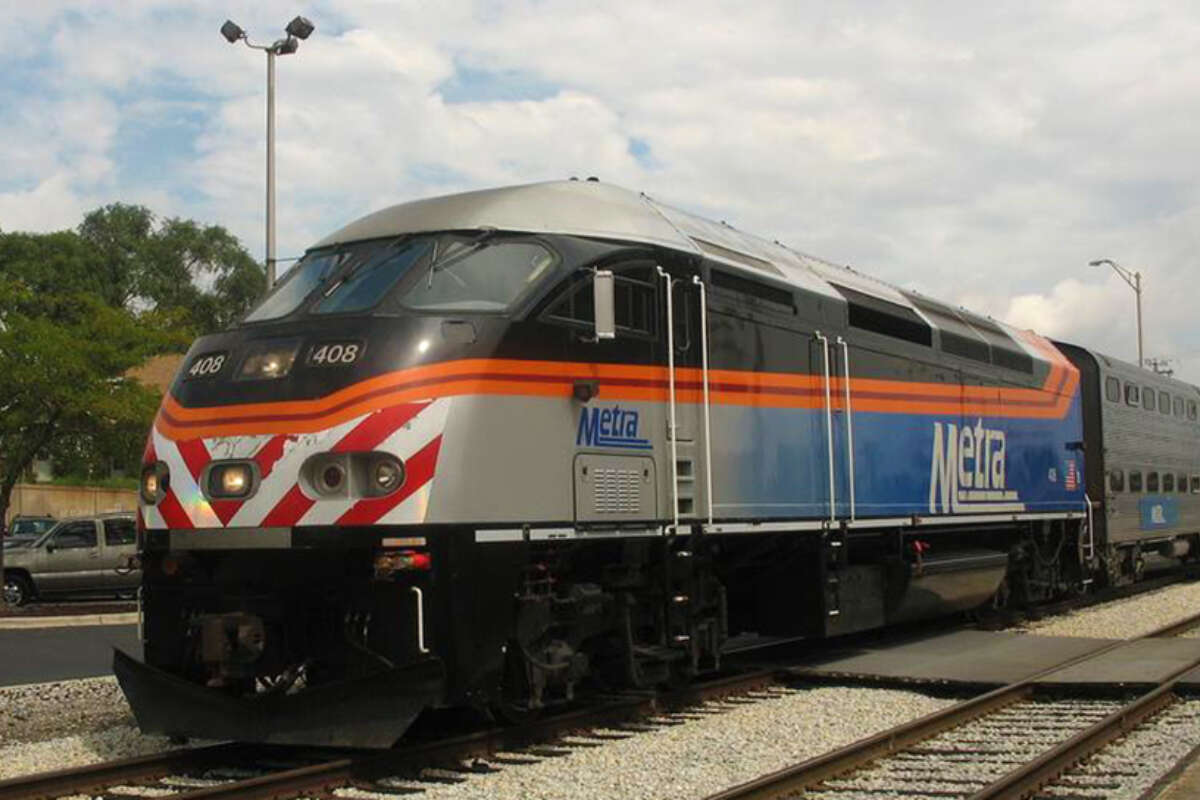
The RTA is currently developing the 2023 Regional Transit Strategic Plan for Northeastern Illinois at a time when the challenges and opportunities facing our region’s transit system have never been greater. We have invited a group of transit leaders to participate in a series of guest blogs on Connections, including the three transit operators in the Chicago region: CTA, Metra, and Pace.
The following guest blog was submitted by Jim Derwinski, Executive Director, Metra
What was true before the pandemic has become more prevalent now: We need sustainable, more generous public transportation funding. The RTA’s Strategic Plan will address other topics – such as the region’s need to adapt to the new normal and support sustainable transportation – but achieving those targets is much easier with better funding.
The need for more operating funding became apparent immediately as COVID hit, as ridership and fare revenue plummeted. Federal relief funding has filled the gap, and likely will continue to do so until 2025. But even if pre-COVID ridership has recovered by then, the old funding levels are likely inadequate for a post-COVID (or living-with-COVID) world.
For instance, Metra has committed to restoring service on all lines to pre-COVID levels in 2022, even though we project ridership to reach only 55% of pre-pandemic by end of 2023. We know Chicagoans are looking for transportation options and we want to be there for them. We have proof there is demand for transit in our weekend numbers – ridership on weekends has reached as high as 80% of pre-pandemic levels.
At the same time, we’re adapting to our riders’ need for more flexibility by replacing decades-old schedules with new pilot schedules on four lines that give riders more off-peak options. And we’ve worked with Cook County on a pilot project to promote regional equity with lower fares on the Metra Electric and Rock Island lines.
All that is possible due to higher subsidies and the temporary relaxation of the 50% fare recovery ratio mandate. But what happens if those subsidies run out, if that mandate is reinstated?
In their next strategic plan, RTA can advocate for a new operating funding stream, apart from the sales tax, and reduce the 50 percent fare recovery ratio requirement. This would further transit system adaptation initiatives the service boards are already undertaking and allow us to continue to provide innovative service. RTA’s last strategic plan, Invest in Transit, advocated for capital funding which led to Rebuild Illinois – RTA could use a similar focus in their next strategic plan to focus on operating funding.
The RTA has already successfully lobbied Springfield to lift the fare recovery ratio mandate through 2024, and the regional sales tax has been strong, especially with the taxing of online purchases, proving a case for reducing the fare recovery ratio requirement. That would lessen the balancing act the service boards have to play between achieving service efficiency and providing high-quality service to lower-income, lower-ridership areas.
Sustainable funding also would provide more opportunities for impact, including in the fight against climate change and in advancing policies that support sustainable transportation.
Transit has an inherent strength in fighting climate change by reducing single occupant-vehicle trips, making a case for the advancement of policies that support public transit and other forms of sustainable transportation. Without Metra, most Metra riders would switch to private vehicles, and travel times would increase on roadways and highways due to increased traffic congestion. There would also be more pollution.
With current funding, Metra is undertaking several green initiatives in rolling stock to further combat climate change. More funding would allow us to do even more. Those initiatives include:
- Seeking to purchase six switch locomotives that meet the Environmental Protection Agency’s (EPA) Tier 4 emissions standards, the highest standards currently in effect. One of the six will be an all-electric switch locomotive to test for its ability to perform under the demands of a real-world operating environment and Chicago’s sometimes extreme weather conditions.
- Ordering 15 remanufactured locomotives that meet the EPA’s Tier 3 emissions standards, with an option to buy up to 27 more. These locomotives will be replacing Tier 0 emissions locomotives currently in service. The first of those locomotives is expected to be delivered in mid-2022.
- Earning a competitive Congestion Mitigation and Air Quality Improvement (CMAQ) grant to fund brand new zero-emissions locomotives that will be designed specifically for our operating conditions. The grant award of $30 million in 2025, coupled with Metra’s matching funds, will purchase four new locomotives that produce no tailpipe emissions. Preliminary plans are to pilot the new technology on the Rock Island Line between Blue Island and LaSalle St. Station.
- Seeking to repower existing diesel locomotives to zero-emission battery power. Three locomotives are planned for conversion and could be operating on Metra tracks as soon as 2027.
- Issuing an RFP for eight battery-powered trainsets.
RTA should address the fight against climate change as an opportunity for impact in their next strategic plan and partner with CMAP, IDOT, and other stakeholders to advance policies that encourage transit ridership, transit-supportive development, and other forms of sustainable transportation to access transit to build on these benefits.
Having a sustainable operating funding stream coupled with sustainable, transit-supportive policies will set Metra and the other service boards up for success in the future, allow us to better serve the residents of northeastern Illinois, and help the region in the fight against climate change.
Subscribe to our Newsletter

 New project management oversight report highlights more than 100 projects representing $8.2 billion in capital investments
New project management oversight report highlights more than 100 projects representing $8.2 billion in capital investments
 Transportation Tuesday recap: Improving and expanding the transit system strategically
Transportation Tuesday recap: Improving and expanding the transit system strategically
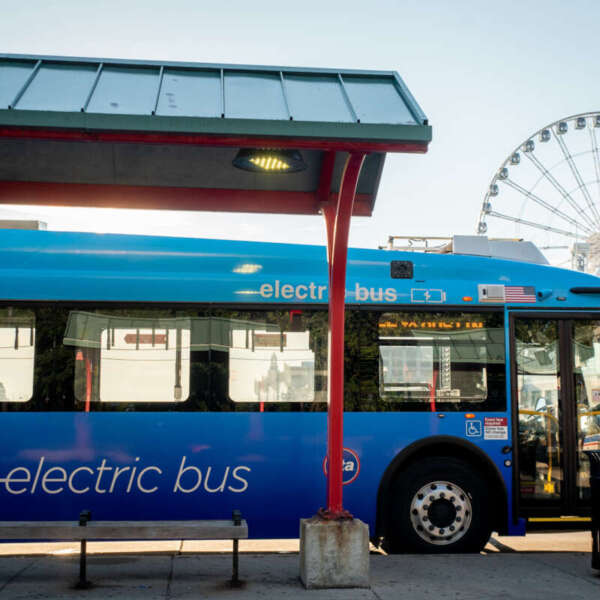 Transit is the answer to meeting Illinois’ climate goals
Transit is the answer to meeting Illinois’ climate goals
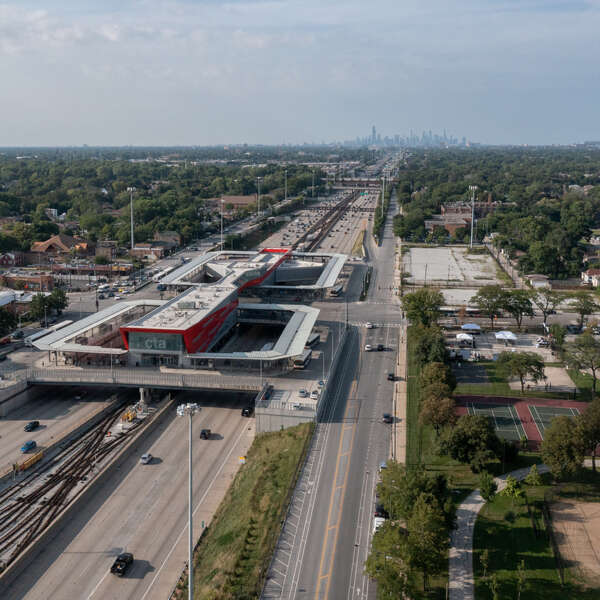 Three years into the Infrastructure Investment and Jobs Act, Chicago’s transit system is winning competitive grants and advancing critical projects
Three years into the Infrastructure Investment and Jobs Act, Chicago’s transit system is winning competitive grants and advancing critical projects
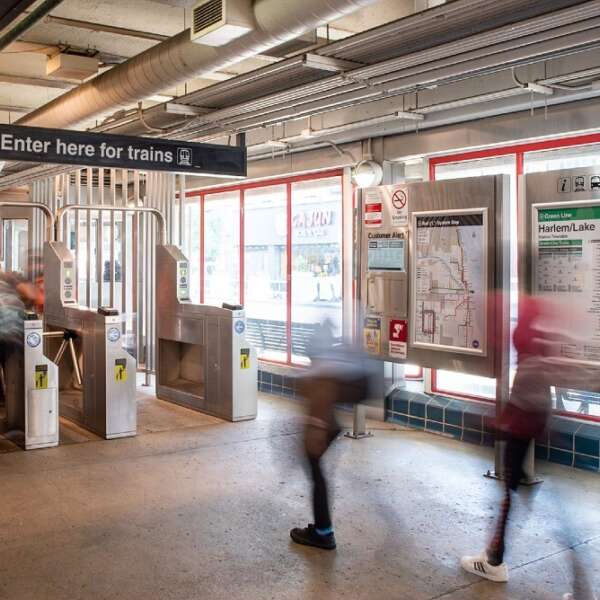 Why fully funding paratransit service and reduced fare programs is key to closing the transit budget gap
Why fully funding paratransit service and reduced fare programs is key to closing the transit budget gap
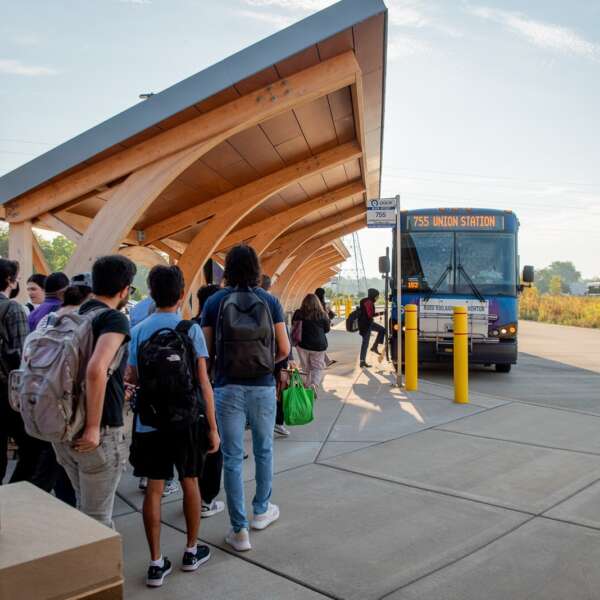 RTA releases semi-annual project management oversight report highlighting more than 100 capital projects
RTA releases semi-annual project management oversight report highlighting more than 100 capital projects